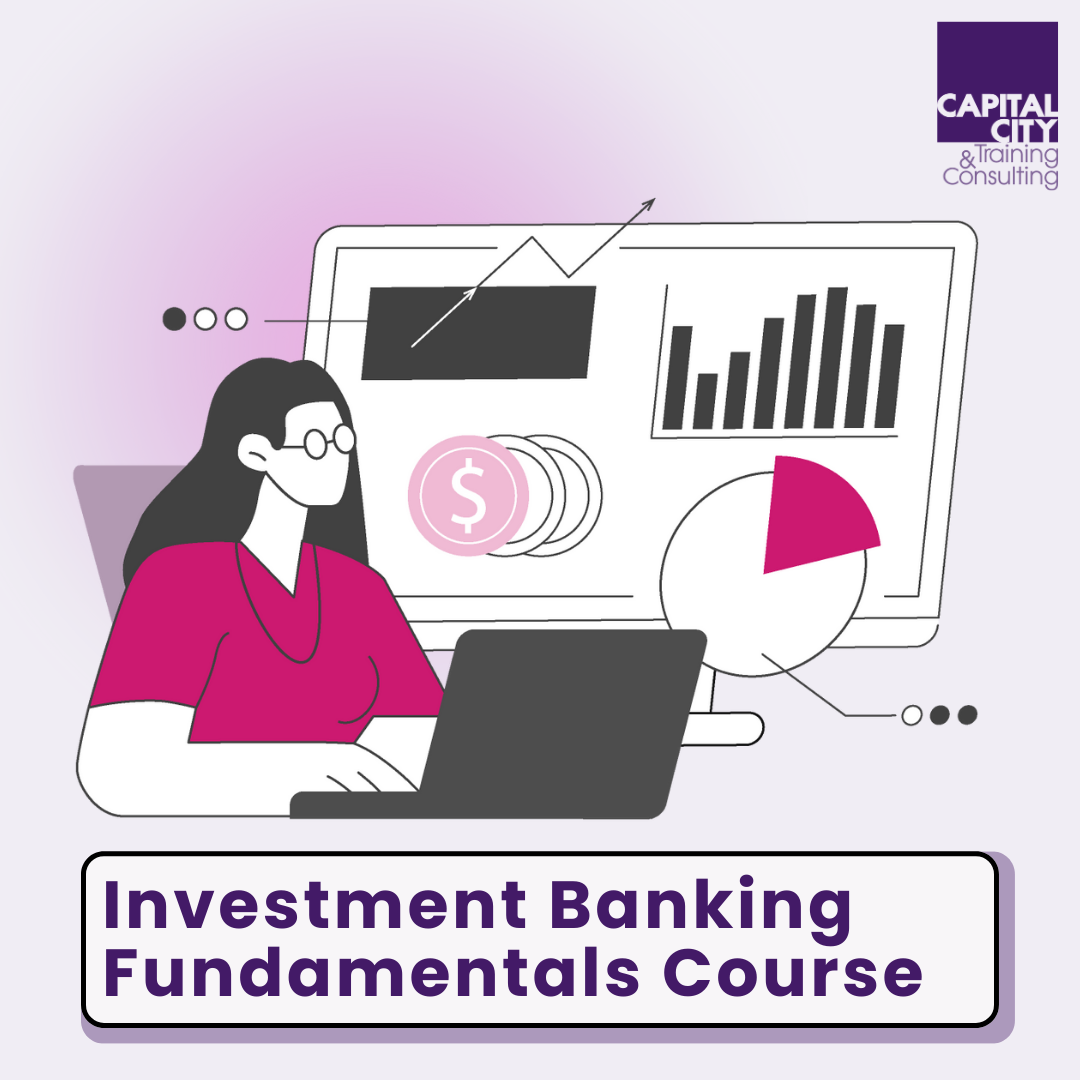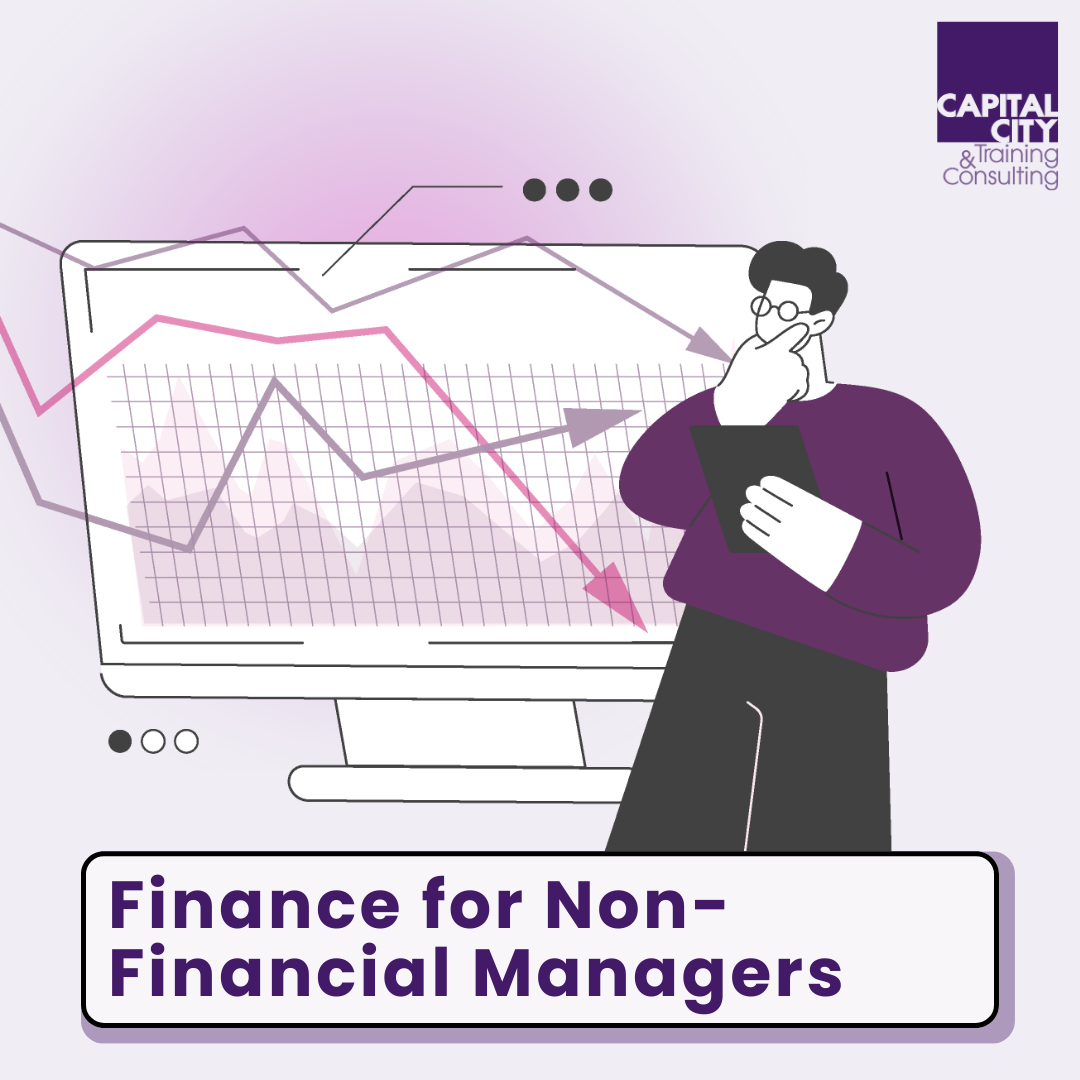Career Paths in Investment Banking
Investment banking is an extremely competitive industry that offers lucrative career opportunities within finance for skilled professionals. The most coveted investment banking jobs are centred around advising and facilitating mergers, acquisitions, IPOs, and other significant corporate finance transactions for companies, institutions, and governments.
Financial advisory roles within investment banks often involve working on high-profile transactions and deals with strategic significance. As a result, these roles attract top talent and have structured progression pathways to enable individuals to up-skill and climb the corporate ladder.
Investment banks typically have structured programs for developing young professionals. The career hierarchies enable logical progression, starting as an analyst straight out of university to all the way up to executive management roles.
Article Contents
- Investment Banking Career Paths
- Starting as an Intern: The First Step on The Investment Banking Ladder
- Progression from Analyst to Associate: Climbing The Investment Banking Hierarchy
- Reaching The Top: Roles of Vice President, Director, and Managing Director in Investment Banking
- Preparing for a Career in Finance and Investment Banking
- Industry-Specific Insights on Fixed and Variable Costs Skill Sets & Qualifications in Corporate Finance
- Interpreting and using Fixed Costs in Corporate Finance Transitioning within Finance
Investment Banking Career Paths
Within investment banks, careers typically start in junior investment banking roles before progressing through the hierarchy:
- Intern (Summer or Off-Cycle)
- Analyst
- Associate
- Vice President
- Director
- Managing Director / Partner
Next, we will look at the key responsibilities and necessary qualifications as you advance through an investment banking career.
Starting as an Intern: The First Step on The Investment Banking Ladder
Investment banking internships are generally targeted at university students and recent graduates. They are usually 10 weeks long and typically held over the summer holiday period, though they can sometime be at other points in the year (known as off-cycle internships).
Interns get hands-on finance training, gain exposure to transaction, and help perform tasks such as making pitchbooks and presentations. The role offers a taste of the intense work environment that an Investment Bank may present. Intern conversions, where interns receive full-time job offers, are a major pipeline for new analyst cohorts.
Progression from Analyst to Associate: Climbing The Investment Banking Hierarchy
Investment banking analysts are typically recent graduates and will typically do most of the detail-oriented work on projects and transactions, including:
- Financial modelling and valuation analysis
- Analysis of the financial market backdrop
- Background industry research
- Preparation of pitch decks, presentations and other materials for client meetings
After 2-3 years as an analyst, high performers will typically progress into the associate role. Whilst continuing to be quite heavily involved in any technical analysis conducted, associates start to take on further responsibilities including:
- Interacting directly with clients
- Day-to-day project management
- Managing and training analysts
The associate role is a key stepping stone on the path to senior management.
Reaching The Top: Roles of Vice President, Director, and Managing Director in Investment Banking
After serving as an associate for c.3 years, the next level is vice president (VP). VPs are more heavily involved in client relationship oversight and the day-to-day management of various workflows across a transaction (both internally and externally), alongside mentoring junior team members.
Directors will take full accountability for client relationships and look to originate new business, They will lead deal teams and be directly involved in helping structure and negotiate potential deals.
At the managing director level, responsibilities include:
- Leading investment banking teams
- Initiating and maintaining senior client relationships
- Structuring M&A and financing deals
- Bringing in revenue for the firm
Preparing for a Career in Finance and Investment Banking
Landing these competitive roles requires both qualifications and experience. Recruitment typically takes place on-campus for internships and graduate roles.
Some tips for preparing for a career include:
- Developing financial modelling skills and gaining proficiency in Excel
- Understanding accounting, corporate finance and valuation fundamentals
- Building a strong academic record
- Gaining exposure to the industry
- Getting involved in extracurricular activities to demonstrate teamwork and leadership
Skill Sets & Qualifications in Corporate Finance
Technical Competence: A Competitive Edge
Technical financial analysis is at the heart of what Investment Bankers do, so an ability to demonstrate a mastery of those skills at an early stage will give individuals a distinctive edge. When pursuing entry / junior positions, a thorough understanding of core financial concepts and their application is expected. When pursuing more senior positions, special certifications such as the Chartered Financial Analyst (CFA) might be considered, in order to enhance a professional’s credentials.
Soft Skills: Communication and Leadership
Technical skills are essential, but the importance of soft skills should not be underestimated. Effective communication, both verbal and written, is crucial for presenting complex financial information in an understandable manner. Leadership and teamwork skills are equally important, given roles will involve managing teams or leading projects.
Embracing Technological Proficiency
In the rapidly evolving world of corporate finance, technological proficiency is no longer just an advantage – it’s a necessity. Whilst proficiency in tools like Excel remains fundamental, candidates looking to thrive in this sector must be adept in being able to engage with other financial software and data analytics tools.
Ethical Standards and Regulatory Knowledge
A strong understanding of ethical standards and regulatory requirements is fundamental in finance. Professionals must navigate complex financial landscapes while adhering to legal and ethical guidelines. Knowledge of global financial regulations and the ability to uphold high ethical standards are critical for maintaining the integrity of financial transactions and decision-making.
Transitioning Roles within Finance
From a role in Investment Banking, it is possible to transition into related roles in corporate finance, FP&A, treasury and capital budgeting.
However, recruiters tend to screen for directly relevant experience, so having certified qualifications like the CFA or MBA can help candidates pivot into new finance career tracks. Switching roles within a large bank may also be easier as existing managers can advocate on your behalf.
In summary, investment banking offers rewarding long-term careers with substantial income potential. Gaining the right skills and experience at each step is essential for climbing the corporate ladder over the course of an entire career. The roles come with long hours and high pressure, but also the prestige and compensation at senior levels.


